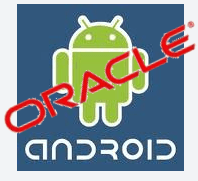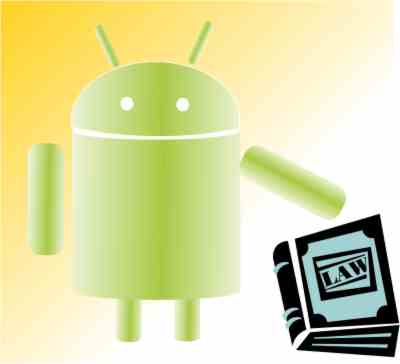| Google Asks The Supreme Court To Decide The Future Of Computing |
| Written by Mike James | |||
| Friday, 25 January 2019 | |||
|
I don't think that the title is over the top. I really don't think that we understand what the longstanding dispute between Oracle and Google means for the rest of us. Now Google has asked the Supreme Court to review the situation.
Long story short in 2012 Oracle took Google to court over its use of the Java APIs within Android and the debate has been ongoing ever since. If you want a longer version see Appeals Court Rules In Favor of Oracle which is what we reported in March 2018. If you have never programmed an Android app then all you need to know is that Java is the language you use and while there are lots of libraries that are Android-specific all of the general facilities are provided by Java libraries. In 2010 Oracle sued Google for using these APIs. It is important to understand the Oracle didn't sue because Google had stolen code, they sued because Google was writing code to implement the same APIs. It was the form of the APIs that were the subject of the copyright claim, not the code that implemented them. This is something that has never been part of the development world before. It has always been assumed that you were free to implement an interface as long as the code you wrote wasn't copied from an existing implementation. The court originally ruled that interfaces are not copyrightable, see Judge Rules Oracle's Java APIs Not Copyrightable, but the decision was later overruled, see Oracle Wins Copyright Appeal. A jury then decided that the use was legal and fair but this too was overruled. Now the Supreme Court has been asked to make a final decision, something it refused to rule on back in 2015. As the Google blog post by Kent Walker, its Chief Legal Officer, puts it: "Unless the Supreme Court corrects these twin reversals, this case will end developers’ traditional ability to freely use existing software interfaces to build new generations of computer programs for consumers." and "Letting these reversals stand would effectively lock developers into the platform of a single copyright holder—akin to saying that keyboard shortcuts can work with only one type of computer." I wish Kent Walker had avoided saying this as I can hear Apple's copyright lawyers gearing up to copyright the Apple key any time now... assuming it isn't already copyrighted... There are differing opinions about this situation. Some are claiming that Google knew exactly what it was doing and deserves the full force of the law. Others find the idea that an API specification can be copyrighted is just crazy and unenforceable in law. After all, what exactly is an API - a function call, two function calls and so on. If Google loses then the impact on Android is difficult to work out as the reparations have not been finalized, but it could run to billions of dollars, estimates put it at $8 billion, and then there could be restrictions on Android's future use of the APIs. In the wider world you can expect other companies to look hard at their "interfaces" and see if they too could make some extra revenue by enforcing their copyright. Any system compatible with any other system is going to be a potential target. Some that come to mind are WINE, Samba, R, Octave...
More InformationOracle v. Google and the future of software development Related ArticlesAppeals Court Rules In Favor of Oracle Google Changes Course For Android N Oracle v Google - Second Trial Starts Today Supreme Court Refuses To Reconsider API Copyright Decision White House Advises That APIs ARE Copyrightable Supreme Court Seeks Guidance On API Copyright Issue Computer Scientists Petition Supreme Court Over API Copyright Android Copyright Battle Goes To Supreme Court Judge Rules Oracle's Java APIs Not Copyrightable Oracle v Google Judge Is A Programmer! Oracle v Google - Are Computer Languages Copyrightable? To be informed about new articles on I Programmer, sign up for our weekly newsletter, subscribe to the RSS feed and follow us on Twitter, Facebook or Linkedin.
Comments
or email your comment to: comments@i-programmer.info |
|||
| Last Updated ( Sunday, 16 August 2020 ) |



